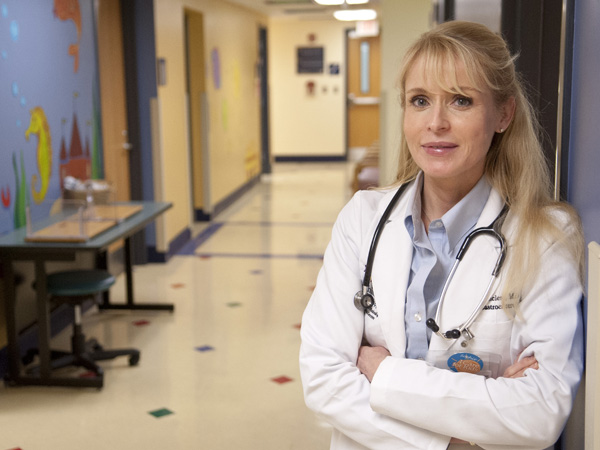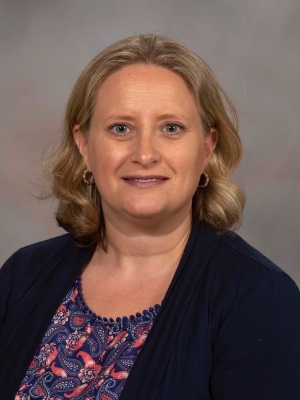Clinics tackle children's growing problem

A new program out of the University of Mississippi Medical Center is targeting one of the most troubling issues facing Mississippi kids - obesity.
Wellness & Weight is a multidisciplinary program specifically designed to take an intensive approach toward fighting obesity among children.
The health epidemic that already has placed Mississippi on the map for its impact on the adult population poses a threat on the state's younger residents because of the future implications for poor health, said Dr. Sophie Lanciers, assistant professor of pediatric gastroenterology at UMMC.
"Most of the country is between 30-40 percent when it comes to overweight and obese children, and we have some Jackson-area schools that are reporting up to a 70-percent rate of overweight and obese students.
"The children (in the program) already have either pre-diabetes or hypertension, which are associated problems that you can have with obesity even in children as young as 6 years old," said Lanciers. "There was not a program like this before, and it's basically the best way to attack the problem - to have a team seeing them regularly."
Before joining UMMC in August 2014, Lanciers worked as a pediatrician and pediatric gastroenterologist at Centre Hospitalier Emile Mayrich in Luxembourg after holding pediatric fellowships and residencies at various academic medical centers including Wyler Children's Hospital at the University of Chicago, the University Hospital Antwerp in Belgium and St. Christopher's Hospital for Children in Philadelphia, Pennsylvania.
Working out of Batson Specialty Clinic and a newly opened clinic at University Physicians-Grants Ferry, Lanciers leads a team of clinicians working with children who have tried unsuccessfully to lose weight. Plans for another clinic to open at the Jackson Medical Mall also are in the works.
"Technically, the people who get to us are ones who have already been treated by a primary physician, seen by a dietitian and have not had much success with that approach," said Lanciers. "This is a more specialized program for kids where that approach is not working and they have comorbidities like pre-diabetes, joint problems, sleep apnea and hypertension. All of which I see quite often."
UMMC's program essentially offers a higher level of intervention.
"What we're doing is seeing them regularly, up to every month," Lanciers said. "We have a psychologist, a dietitian, and we're going to have an exercise physiologist for every visit. And this is basically what has been proven to work for weight loss.
"We're even going to have a specific program with a diet adapted to their individual needs and see them every week, just to help them lose weight," she added.

The first stop each child makes after meeting Lanciers is the program's psychologist, Dr. Crystal Lim, who came to the Medical Center in July 2014 from the University of Florida's Department of Clinical and Health Psychology.
"We see some kids with emotional and behavioral concerns who are dealing with being overweight," said Lim, assistant professor of psychiatry at UMMC. "These are children that are dealing with bullying, depression and anxiety. We're utilizing behavioral strategies to help address those things."
Lim said children with emotional and behavioral problems tend to engage in unhealthy eating behaviors. And psychology's role is to help give these children - and their families - the necessary tools needed to initiate a lifestyle change.
"Our psychologist is specialized in doing family therapy," said Lanciers. "So it's always emphasized that this is not something the child has to do by themselves. Usually, there are one or two members in the family who themselves are overweight, so we want to have group meetings and family therapy to address these issues."
The physical activity component comes into play with the new clinic which has an exercise facility, said Lanciers.
Even when young patients reach their goals, Lanciers said it's crucial to follow up on their successes.
"They still will be coming in every six months because maintenance of lifestyle changes is crucial and they still need to be monitored. If they need additional support, they can come more often."

